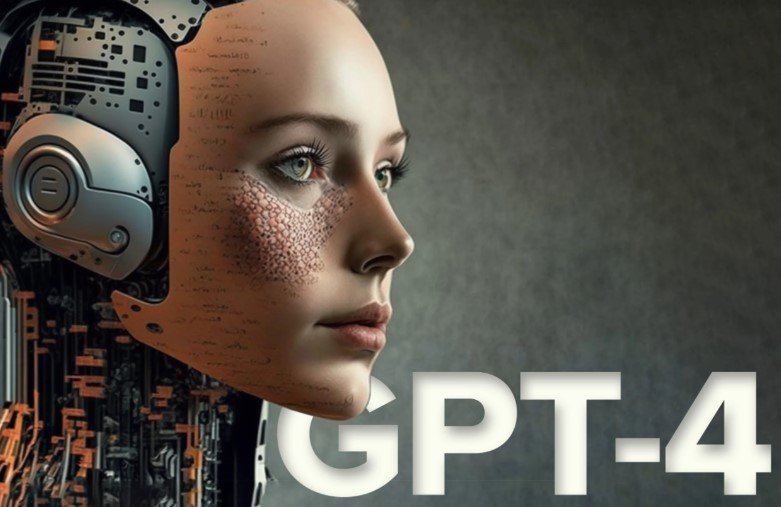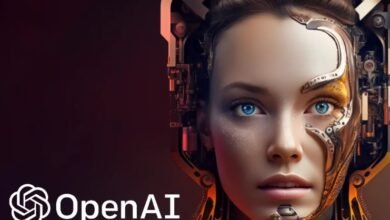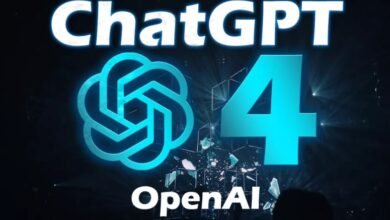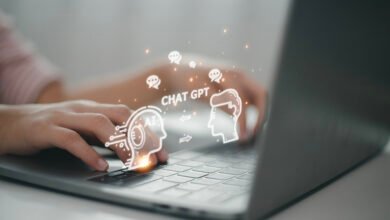What are the implications of GPT-4 for language understanding, human-machine interaction, and knowledge generation?

The release of GPT-4, the latest iteration of OpenAI’s language model, has far-reaching implications for language understanding, human-machine interaction, and knowledge generation. We will explore the potential implications of GPT-4 in these areas.
-
Language Understanding
GPT-4 is expected to be a major step forward in language understanding, with the potential to comprehend and generate human-like language. It is anticipated to be better at understanding nuances, idiomatic expressions, and language variations than its predecessors, making it more suitable for a broader range of applications. This development will have a significant impact on natural language processing (NLP) and the automation of various tasks such as chatbots, content generation, and translation.
-
Human-Machine Interaction
GPT-4 has the potential to revolutionize human-machine interaction by enabling more natural and intuitive communication between humans and machines. With improved language understanding, GPT-4 could enable more complex and personalized interactions with chatbots, virtual assistants, and other AI-powered systems. This could transform the way people interact with technology, making it more natural and seamless, and reducing the need for extensive training or technical knowledge.
-
Knowledge Generation
Another potential implication of GPT-4 is its ability to generate new knowledge and insights. By analyzing large amounts of data and synthesizing it into new patterns and insights, GPT-4 could enable breakthroughs in fields such as medicine, science, and engineering. GPT-4 could also be used for generating creative content such as poetry, music, and art, which could have significant implications for the creative industry.
-
Ethical Implications
The development of GPT-4 also raises several ethical implications, including the potential for misuse or abuse of the technology. GPT-4 could be used to generate fake news, propaganda, and disinformation at an unprecedented scale, leading to societal unrest and political instability. Additionally, GPT-4 could be used to create convincing deep fakes, making it harder to distinguish between real and fake videos, images, and audio. It is essential to have safeguards in place to prevent the misuse of GPT-4 and ensure that it is used for the benefit of society.
-
Accessibility
The development of GPT-4 has the potential to make language-based technologies more accessible to people with disabilities. With improved language understanding, GPT-4 could enable more natural and intuitive communication with assistive technologies such as voice assistants and text-to-speech systems. This could significantly improve the quality of life for people with disabilities and make it easier for them to interact with technology.
In conclusion, GPT-4 has far-reaching implications for language understanding, human-machine interaction, and knowledge generation. While the potential benefits of GPT-4 are significant, it is essential to address the ethical implications and ensure that it is used for the benefit of society. GPT-4 has the potential to transform the way we interact with technology, enabling more natural and intuitive communication, and generating new knowledge and insights that could drive breakthroughs in various fields.






